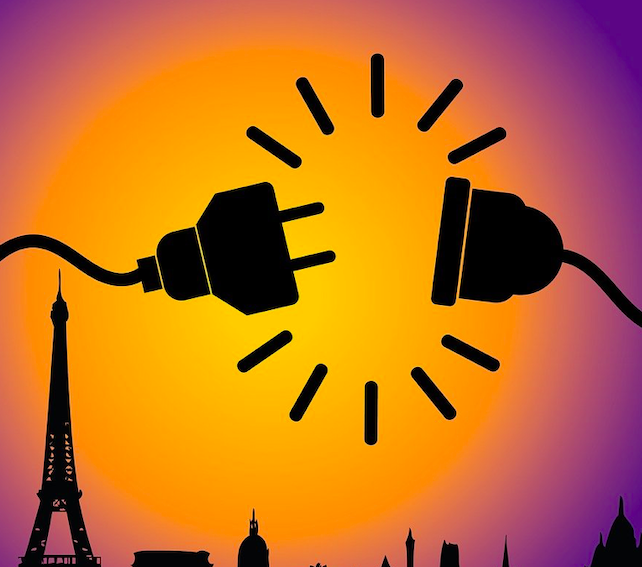Kano – Conflict-ridden northern Nigeria has been plunged into darkness for nearly two weeks after jihadists sabotaged infrastructure, authorities say, depriving millions of electricity and paralysing economic activity.
Members of a jihadist group vandalised a major transmission line in Niger state’s Shiroro district, crippling the power supply in 19 of the West African country’s 36 states, according to the state-owned Transmission Company of Nigeria (TCN).
Power cuts are common in Africa’s most populous country, where 220 million people depend on a saturated network for their electricity needs.
But jihadist attacks on power infrastructure in the north have compounded the problem in recent years.
President Bola Ahmed Tinubu has ordered the deployment of “adequate security personnel, including aerial cover for the engineers” fixing the transmission line, to safely restore socio-economic activities in the region, his office said in a statement on Monday.
Governors from the 19 northern states also on Monday met in the city of Kaduna and called for the immediate restoration of power, deploring the turmoil that the outage has caused in the strained region.
Repair works were delayed due to security concerns and fear of another attack, TCN spokesman Ndidi Mbah said in a statement last week.
“Deploying engineers without security support was not feasible, given the risks in the region,” Mbah said.
‘Smothering blackout’
Nigeria’s central Niger state and northern states have been plagued for 15 years by a jihadist insurgency that has killed more than 40,000 people and displaced two million.
The largest hydroelectric plant in the country is located in the Niger district of Shiroro.
The region’s population also lives in fear of so-called bandits, who operate in criminal gangs to raid villages, kill and abduct locals in exchange for ransom and burn homes after looting them.
The gangs have forged closer ties with Boko Haram and the Islamic State West Africa Province (ISWAP), a splinter organisation loyal to the Islamic State, which have gained a strong foothold in Shiroro.
The power outage has further slowed business in a region reeling from the high cost of fuel used to power generators.
“This power blackout is smothering us. We have stopped working until power is restored because working on a generator is not feasible,” said Umaru Abubakar, a tailor in Kano’s Fagge neighbourhood, referring to the soaring price of fuel.
Gasoline prices have spiked more than fivefold since Tinubu took office in May 2023.
He has undertaken ambitious economic reforms that have included ending a costly fuel subsidy and freeing up the naira currency.
But in the short term, Nigeria has seen one of its worst crises in decades, with inflation at a 30-year high.
‘Nightmare’
Residents have described the power outage as a “nightmare”, hampering their ability to work.
Many people like Ahmad Isah, who is based in the northwestern state of Kaduna, are struggling to charge their electronic devices.
“It has severely affected our job,” the journalist told AFP.
“We have turned to hotel lobbies, bars, football viewing centres and other outlets to charge our phones and laptops to be able to work.”
The outage has also prompted a water shortage in northern Katsina state, where the price of a 25-litre (6.6-gallon) jerrycan of water has spiked fivefold, a resident told AFP.
Since the incident, fuel generators have been set up to power the boreholes that locals rely on for water supply.
“We now rely on commercial boreholes running on generators. They have increased the price fivefold, and we are really feeling the pinch,” Mohammed Mukhtar, who lives in the city of Katsina, said.
Follow African Insider on Facebook, Twitter and Instagram
Source: AFP
Picture: Pixabay
For more African news, visit Africaninsider.com


